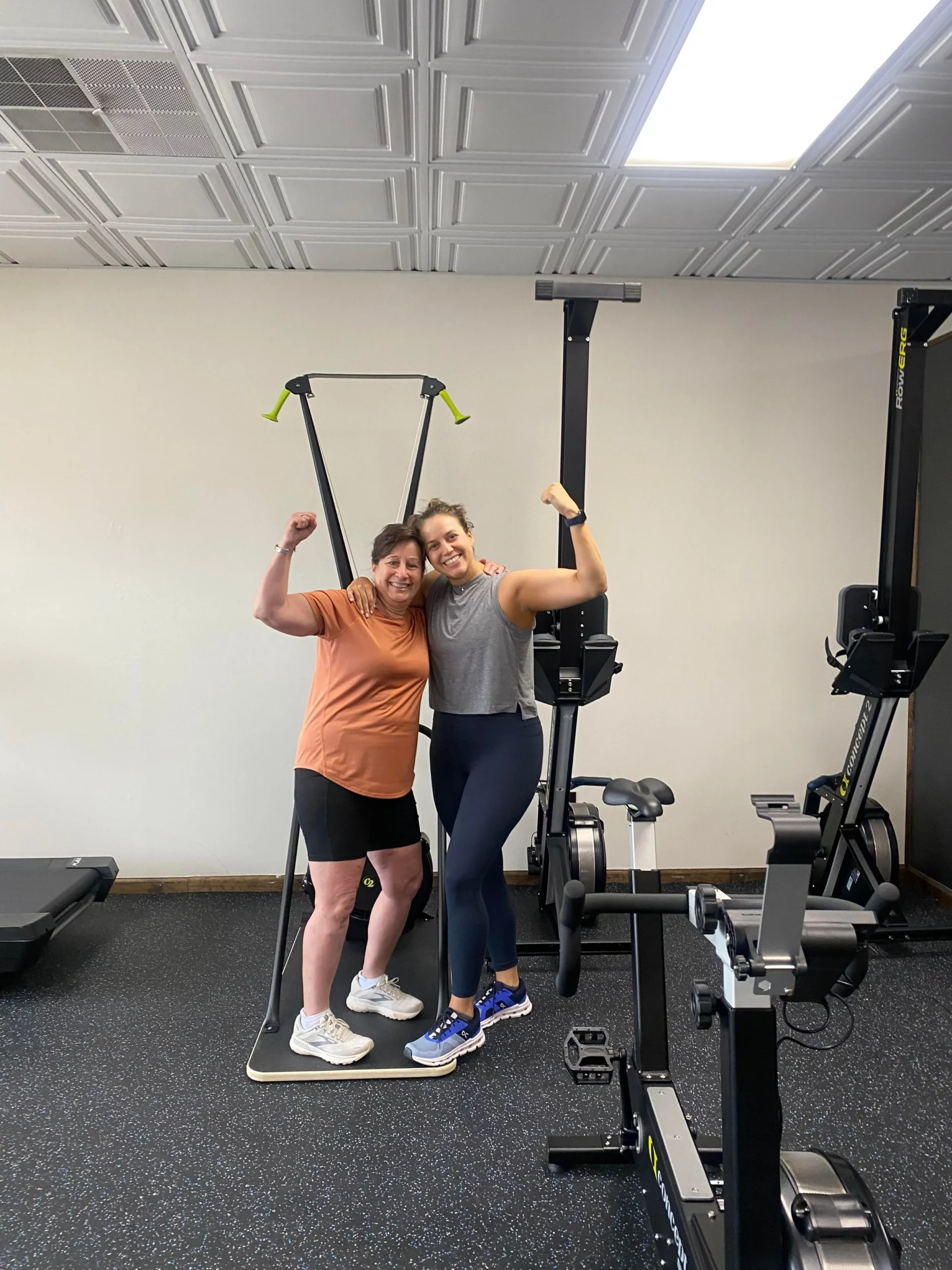Menopause is a natural phase in a woman’s life, marking the end of reproductive years. While this transition is inevitable, it doesn’t mean that women can’t navigate it with grace, vitality, and overall well-being. In this blog post, we’ll explore the power of lifestyle and behavioral interventions in supporting post-menopausal women or those going through menopause. By focusing on sleep, exercise, nutrition, and stress management, women can embrace this phase with confidence and vitality.

**1. Prioritizing Quality Sleep:**
Quality sleep is essential for overall health and well-being, and it becomes even more critical during menopause. Hormonal changes can disrupt sleep patterns, leading to insomnia and fatigue. A study published in the *Journal of Clinical Sleep Medicine* emphasizes the importance of sleep quality during menopause[1]. Here are some tips for improving sleep:
- Create a calming bedtime routine.
- Maintain a consistent sleep schedule.
- Keep your bedroom cool and dark.
- Limit caffeine and alcohol intake, especially in the evening.
- Consider relaxation techniques like meditation or deep breathing exercises.

**2. Regular Exercise:**
Exercise offers a multitude of benefits for menopausal women, including weight management, mood improvement, and bone health. In an episode of *The WHOOP Podcast* featuring Dr. Jessica Shepherd, the significance of exercise during menopause is discussed in depth[2]. Here’s how to incorporate exercise into your routine:
- Aim for at least 150 minutes of moderate-intensity aerobic activity per week.
- Include strength training exercises to maintain muscle mass and bone density.
- Choose activities you enjoy to stay motivated.
- Consult with a healthcare professional before starting a new exercise program, especially if you have existing medical conditions.

**3. Nutrient-Rich Diet:**
Proper nutrition is vital during menopause to support overall health and minimize symptoms such as hot flashes and mood swings. According to a recent study in *Nutrients*, dietary factors play a crucial role in managing menopausal symptoms[3]. Consider the following dietary guidelines:
- Consume a variety of fruits, vegetables, whole grains, lean proteins, and healthy fats.
- Prioritize calcium and vitamin D-rich foods to support bone health.
- Limit processed foods, sugars, and excessive caffeine.
- Stay hydrated by drinking plenty of water.

Community
Menopause can bring about emotional and physical changes, and managing stress is crucial for a smoother transition. The importance of stress management during menopause is well-documented.. Here’s how to reduce stress:
- Practice mindfulness through techniques like yoga or meditation.
- Engage in hobbies and activities that bring joy and relaxation.
- Build a support network of friends and family for emotional support.
- Consider speaking with a therapist or counselor to address any emotional challenges.
Menopause is a significant life transition, and how women approach it can greatly impact their quality of life. By incorporating these lifestyle and behavioral interventions – prioritizing sleep, maintaining regular exercise, adopting a nutrient-rich diet, and managing stress – women can navigate menopause with resilience, health, and a sense of empowerment. Remember, menopause is not an end but a new beginning, and with the right strategies, it can be a fulfilling and vibrant phase of life.
If you are ready to make the move, schedule a free consult today by clicking “I’M READY” below!
**References:**
1. [The importance of sleep during menopause – PubMed](https://pubmed.ncbi.nlm.nih.gov/28975661/)
2. [The WHOOP Podcast – Women Aging & Menopause with Dr. Jessica Shepherd](https://www.whoop.com/us/en/thelocker/episode-211-women-aging-menopause-with-dr-jessica-shepherd/)
3. [Dietary Factors and Menopausal Symptoms: A Systematic Review – PubMed](https://pubmed.ncbi.nlm.nih.gov/33237064/)


